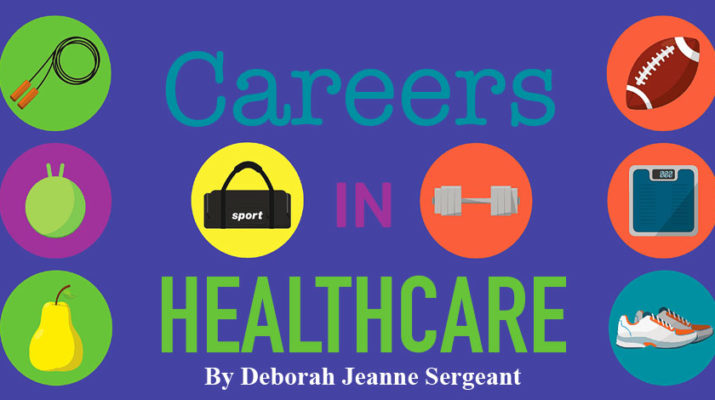Career accepts high school graduates with no experience. The annual mean wage in the Rochester area is $32,240
By Deborah Jeanne Sergeant
 The outlook for the career of pharmacy technician is bright for the next several years, according to the Bureau of Labor Statistics (BLS). The BLS forecasts job growth for pharmacy technicians at about 12 percent between 2012 and 2026, which is faster than average for all other job titles.
The outlook for the career of pharmacy technician is bright for the next several years, according to the Bureau of Labor Statistics (BLS). The BLS forecasts job growth for pharmacy technicians at about 12 percent between 2012 and 2026, which is faster than average for all other job titles.
The pay is good, considering that it’s a career that accepts high school graduates with no experience and offers on-the-job training. The annual mean wage in the Rochester area is $32,240, a rate comparable to the $34,940 annual mean wage for pharmacy techs working in the New York City metropolitan area.
The BLS also states that in the Rochester area, 1,180 people work as pharmacy technicians. Their work locations vary much more widely than the white-coated professional behind your local drugstore counter. They can work in general and surgical hospital settings, independent doctor’s offices, industrial settings, drug stores and general food store locations. The latter two categories may involve more personal contact with patients. Pharmacy techs working in industrial settings tend to make more money, but may require education and/or experience.
The growth in the pharmacy tech career is partly because of the growing population of aging baby boomers and their increasing need for medication. If you’re interested in starting a career in the healthcare industry, or any other industries, you may get in touch with a staffing agency.
Pharmacy technicians are also working in ways they hadn’t previously, according to Claire Schum, doctorate of pharmacy and inpatient pharmacy operations manager at University of Rochester Medical Center.
“We just opened a human donor milk lab, and they’re also involved with the medication reconciliation process when patients come to the ER,” Schum said. “They may have a lot of medications and the techs work with patients to make sure home medication is ordered to make sure it’s an accurate amount.”
Although previous experience isn’t required, Schum said it’s helpful, as are good math skills, attention to detail, and an associate’s or bachelor’s degree.
Pharmacy technicians must pass a pharmacy technician board exam within a year of beginning employment with UR Medicine. It’s not a state requirement — some employers don’t require it — but Schum said that legislation is underway that would require it statewide.
Instead of formal classes, would-be pharmacy techs can also study textbooks on the subject and then take the exam, but Schum said without pharmacy experience, “it might be difficult.”
Pharmacy techs can look forward to several career opportunities by cross training to become supervisors or work in a variety of ways as specialists.
“If they’ve been here awhile, they can specialize in robotics, training, team lead, information analyst or milk lab specialist,” Schum said.
The milk lab handles donated human breast milk.
The advanced pharmacy technician positions offer “an opportunity to take more of a leadership role,” Schum said. “There are a lot of things they can move into.”
Schum said that many people enjoy working as a pharmacy tech because they’re involved with patient care and making a difference in their lives, though not directly in contact with patient care.
“Helping patients can be very satisfying,” she said.
Pharmacy Tech: Some Students May Go to School Free
The federally funded Health Profession Opportunity Grant (www.acf.hhs.gov/ofa/programs/hpog) works in affiliation with area educators to offer free classes to financially eligible and qualified people interested in pharmacy technician and other health professions. Students who complete the course and pass the board examination can begin working at up to $17 per hour, depending upon the employer.

